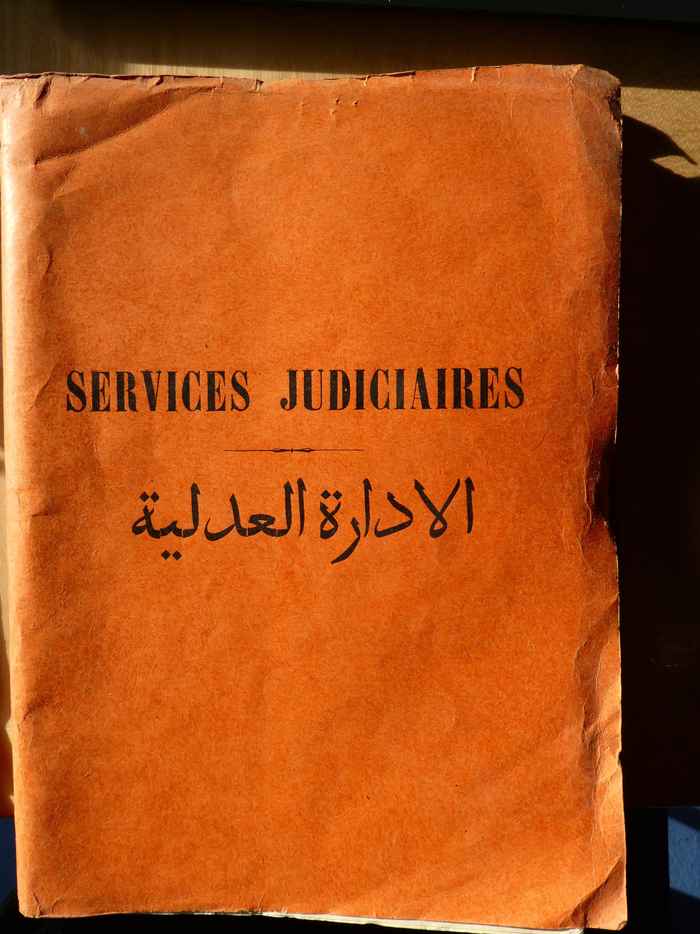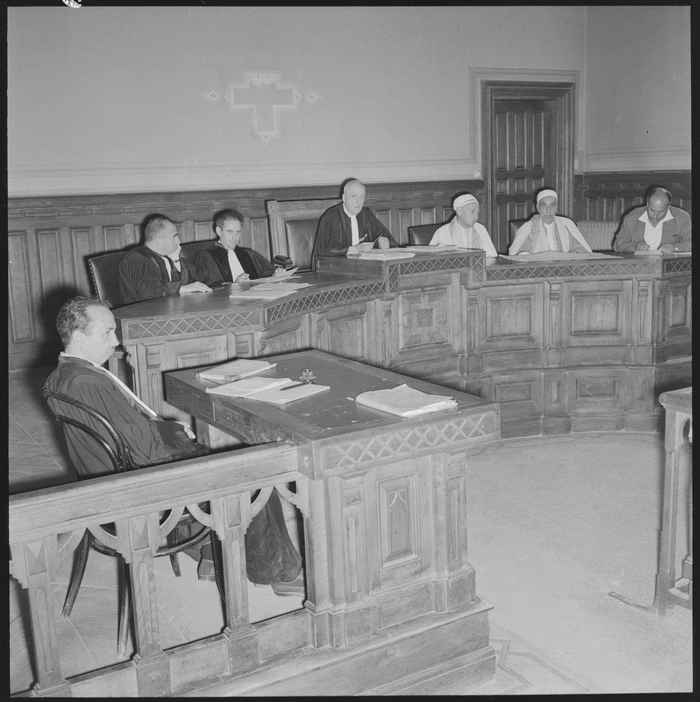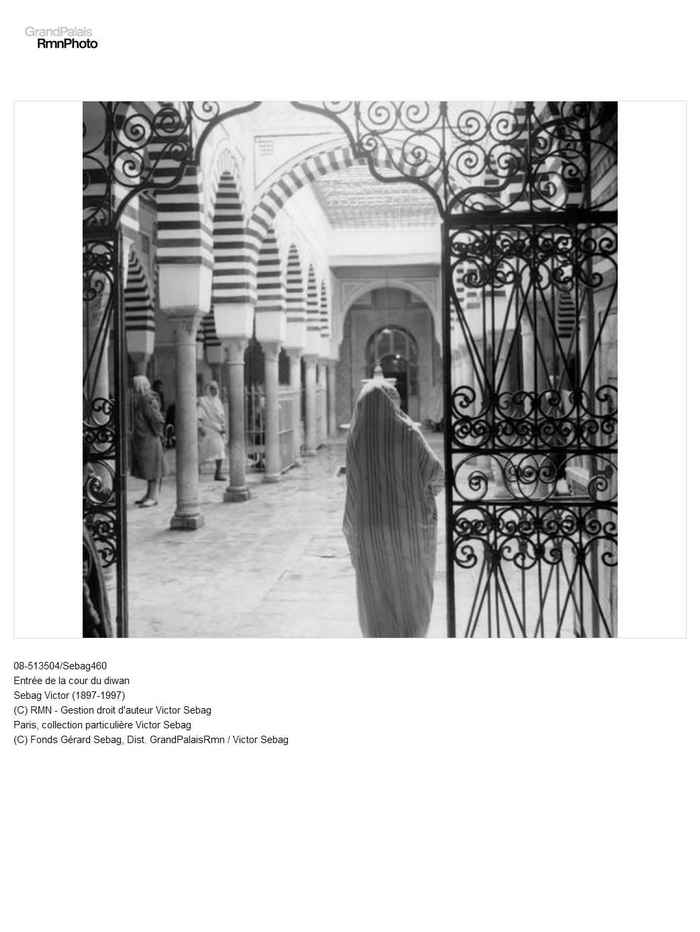Law, Empire, and Gender in Islamic Societies
Maaike Voorhoeve
The idea that gender relations in Muslim contexts are dominated by Islamic law is widely accepted among both academics and the general public. This view is, however, ahistorical: the colonial period left a significant impact on gender relations through legislation. For example, colonial-era laws in North Africa prohibited homosexuality, and interreligious marriages were banned in the former Dutch East Indies. This shows that contemporary gender laws in Muslim societies cannot be understood without studying the legislation issued during colonial rule.
The Law, Empire, and Gender in Islamic Societies (LEGIS) project, initiated by Maaike Voorhoeve, aims to analyze how gender-based laws developed during the colonial period. It aims to provoke a paradigm shift by focusing on the role of imperialism in shaping gender and legal systems in Muslim societies.
The Decolonial Futures RPA is funding an international workshop in December 2024, with the purpose of building an international community of specialists on the LEGIS theme. The workshop brings together established and junior scholars from the Global North and South. They will work on the French, British, Dutch, and Russian empires with a focus on a variety of gender-coded legal domains such as family law, morality laws, labour law, and building regulations.
Maaike Voorhoeve is an assistant professor at the Department of History, European Studies and Religious Studies. She obtained a PhD in Law (UvA, 2011) with a study of judicial practice in the field of family law in the Tunisian authoritarian period (1956-2011). Before joining the UvA, Voorhoeve held postdoc positions at Harvard Law School, the Ecole des Hautes Etudes en Sciences Sociales and the Freie Universität zu Berlin.


